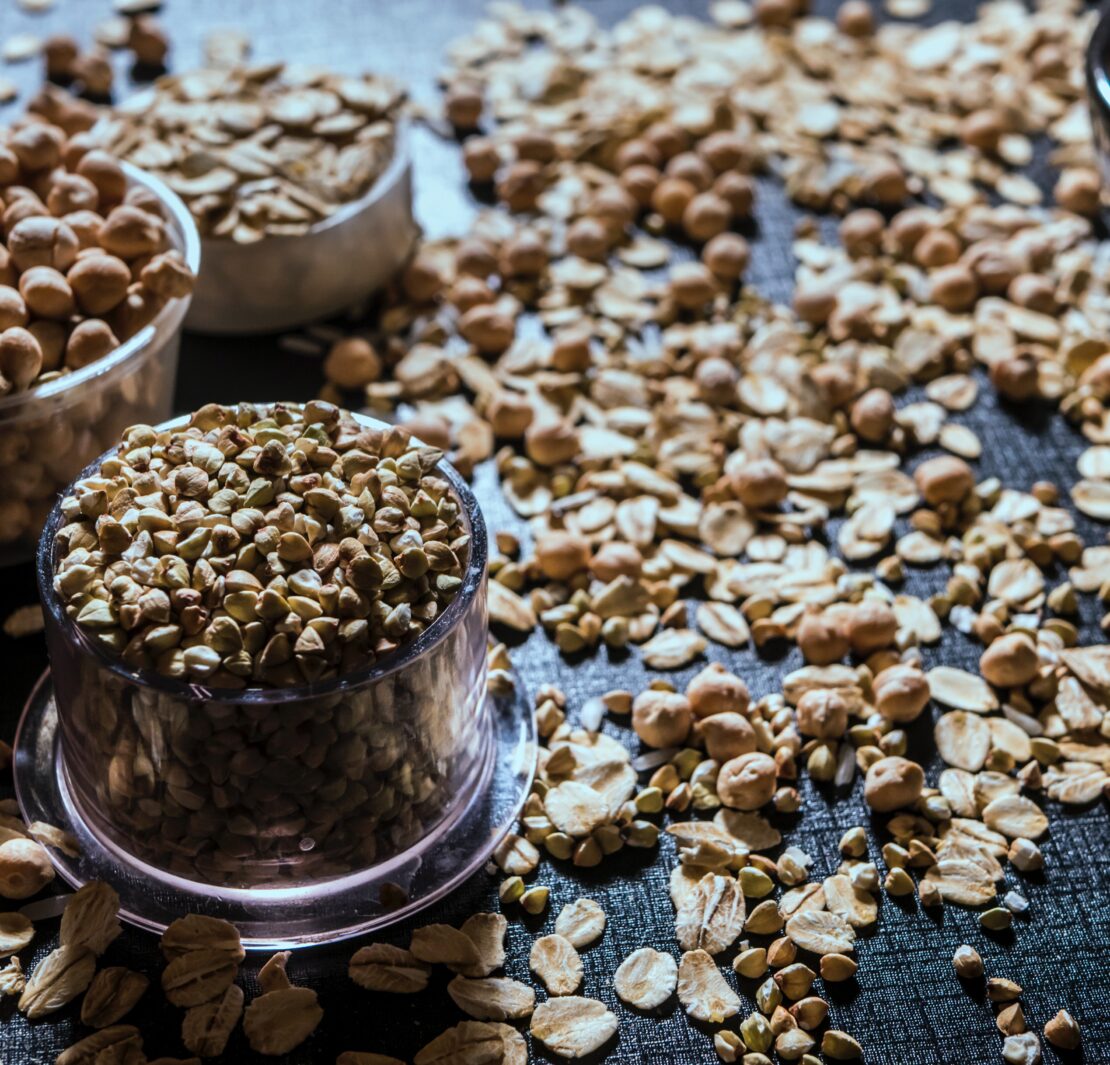Over the last decade, we’ve seen more people and manufacturers ditching gluten, a protein found in most grains like wheat, malt, rye, and barely. For millions of people, being gluten-free is not a fad diet. It’s a necessity because of how their body reacts to gluten. For these people, myself included, ingesting gluten causes symptoms ranging from stomach pain and cramping to headaches, muscle aches, and skin rashes.
Two health conditions make people have to limit or avoid gluten altogether: celiac disease and non-celiac gluten intolerance. In this post, I’ll quickly break down their similarities and differences.
Celiac Disease is Not Just Gluten Intolerance
People with celiac disease should avoid gluten at all costs. The problem with celiac disease is more than our body not tolerating gluten. Celiac is an autoimmune condition; when we eat gluten, our body makes inflammatory immune responses that attack and can damage the small intestine. The small intestine helps you digest and get nutrients from your food. However, when there’s damage, the small intestine doesn’t function properly. Over time, this damage can lead to health problems like malabsorption, malnutrition, leaky gut, mental health issues, and osteoporosis.
Non-Celiac Gluten Intolerance is Less Severe
There’s a lot that we don’t yet know or understand about non-celiac gluten intolerances. But, we do know that it’s not an autoimmune condition. So, there aren’t any immune responses or subsequent damage to the small intestines after eating gluten.
It’s true that our bodies respond differently to gluten. But people with non-celiac gluten intolerance should also avoid⎯or significantly limit⎯gluten. Even if there’s no internal damage, symptoms tell us when something is off internally.
Talk to your doctor if you notice new or unusual symptoms⎯like pain, bloating, diarrhea, or lethargy⎯after eating gluten. You may have a gluten intolerance. You may also want to limit your gluten and monitor your health for any changes. Going gluten-free is a change, but it’s doable. Have you or anyone you know gone gluten-free? Let us know in the comments!

